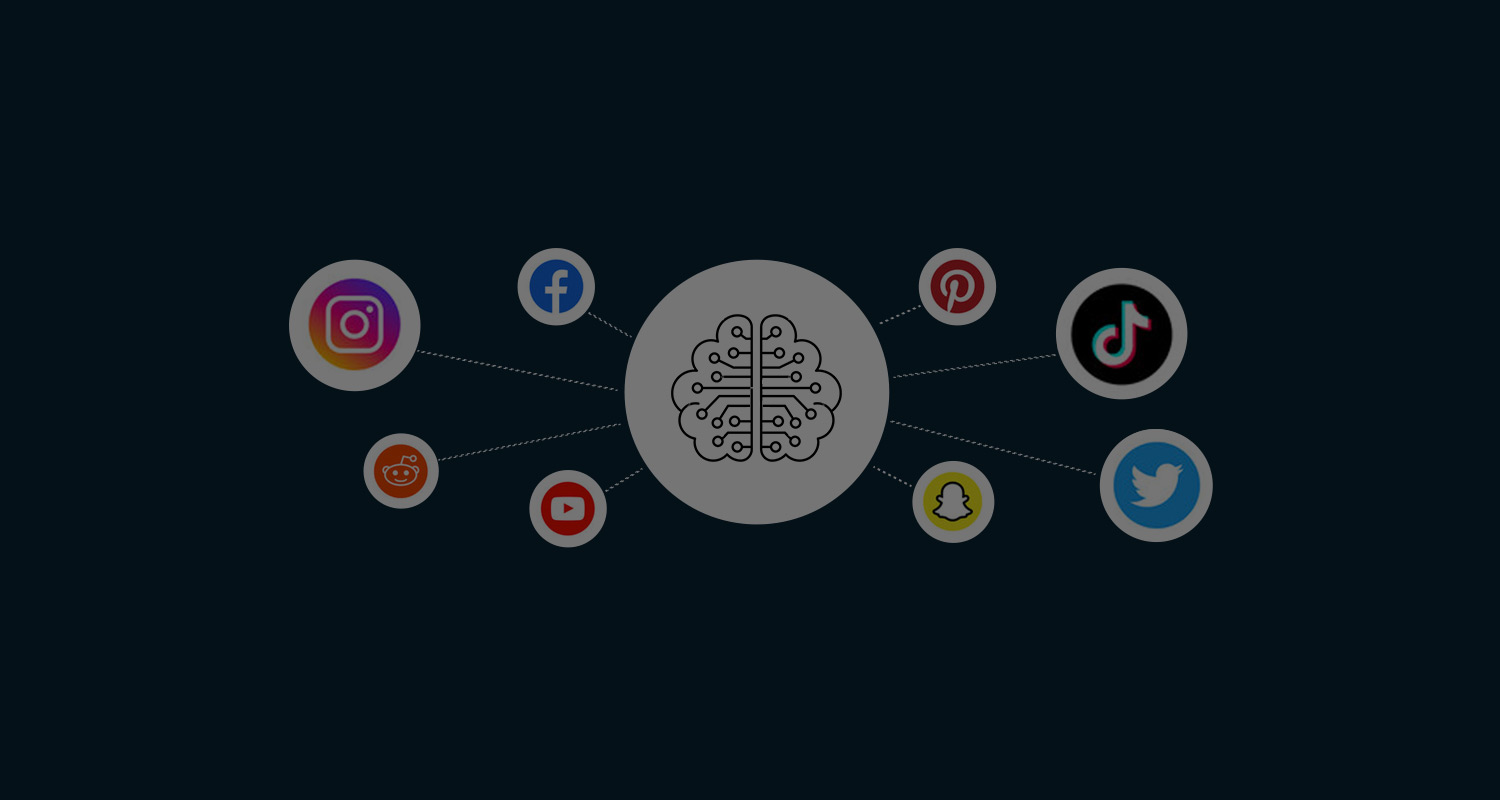In the ever-evolving digital marketing world, Artificial Intelligence (AI) has emerged as a pivotal force, reshaping how users interact and how brands position themselves. At Acronym, we’re not just observing this shift; we’re leading it. Let us impart our insights on AI’s profound impact on paid social strategies, consumer perceptions, and the strategic pivot brands must make.
The AI Landscape in Social Media
AI is ubiquitous in today’s digital dialogue. Its burgeoning presence, highlighted by the rise of AI-driven chatbots like ChatGPT, signals a pivotal shift in market demand. For brands and advertisers, recognizing and adapting to this trend is no longer optional—it’s imperative.
Understanding AI’s Role: It’s crucial to grasp where AI fits within your overall marketing strategy. Broadly speaking, AI in marketing bifurcates into two domains: Platform AI, the tech backbone of major advertising platforms, and Content AI, the creative catalyst in ideation and content generation. Platform AI is exemplified by tools like Meta’s Advantage and Google’s Performance Max, while Content AI is represented by generative AI giants like OpenAI’s ChatGPT, Google BARD, and Microsoft Bing Chat. These tools are revolutionizing how marketers enhance production, target more precisely, and execute with finesse.
AI’s Impact on Paid Social Opportunities
By 2025, AI’s integration across industries will be extensive. Marketers must therefore align their business goals with the strengths and limitations of AI tools. The promise of AI is immense, offering unprecedented opportunities for precision and personalization. Yet, it’s not without its challenges, particularly in areas like legal compliance, privacy, and authenticity—issues that are especially critical in sectors like banking and healthcare.
Pioneering this revolution are platforms like Snapchat and Meta, crafting AI tools that redefine consumer engagement. Snapchat’s recent Snap Partner Summit revealed a suite of AI-driven features, from advanced filters and lenses to innovative Bitmoji experiences in the Snap Map. These advancements empower brands in fashion, music, furniture, and more to elevate their advertising and captivate audiences uniquely.
Meta, evolving from Facebook, leverages AI to optimize ad targeting and automate creative workflows with its A+ Advantage Shopping feature. This tool harnesses AI to streamline ad operations, enabling businesses to scale efficiently and focus on strategic growth.
Consumer Sentiments and Privacy Concerns
While AI opens new horizons, it also raises critical privacy concerns. Consumer surveys indicate trust issues, underscoring the need for brands to educate their audience about AI’s role and ensure stringent adherence to privacy standards. Transparency is not just beneficial; it’s a cornerstone in building and maintaining consumer trust, particularly in light of emerging challenges like the shift away from cookies and evolving iOS user compliance norms.
Recommendations for Brands and Advertisers
In this AI-dominated landscape, strategic collaboration with social media marketing experts is key. Harnessing AI’s potential can lead to innovative content creation and operational scalability, freeing media teams to focus on strategic growth. Embracing AI is essential for brands that aim to stay ahead in the rapidly changing digital arena.
AI’s integration into social media offers a dual-edged sword of opportunities and challenges. When strategically implemented, AI not only enhances user experiences and drives conversions but also helps brands maintain a competitive edge. However, it’s critical to address privacy and ethical concerns to build and retain user trust. As AI continues to evolve, staying informed and adaptable is crucial for brands to harness its full potential in the realm of social media.
Are you poised to navigate the AI-infused future of social media? Connect with Acronym to discover how we can steer your brand through this transformative era with tailored AI strategies.










